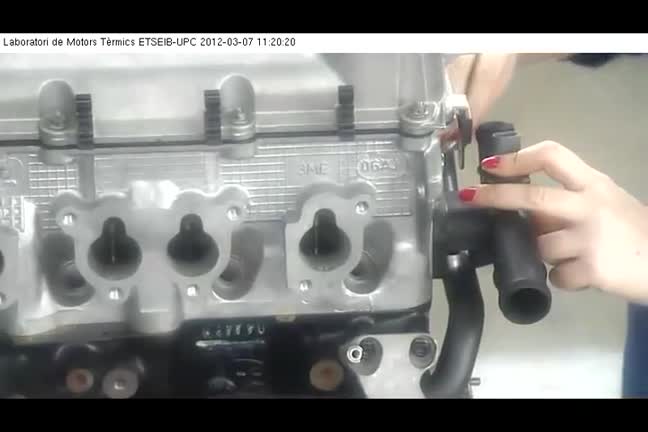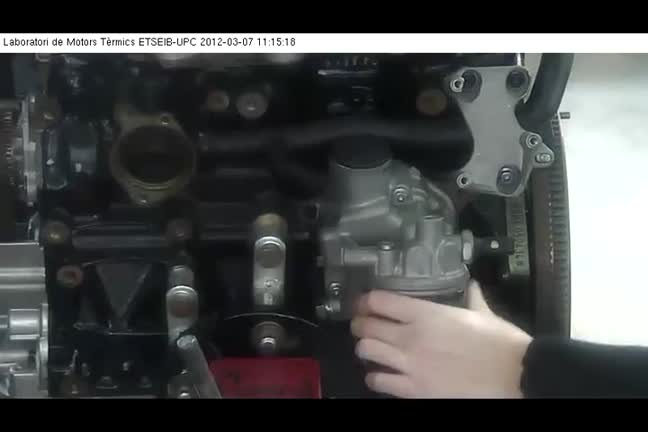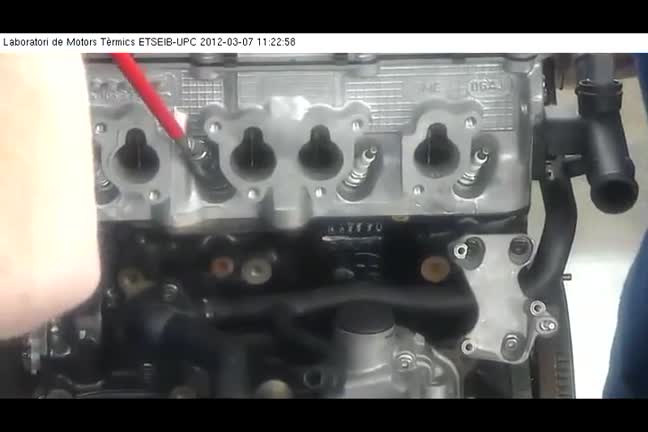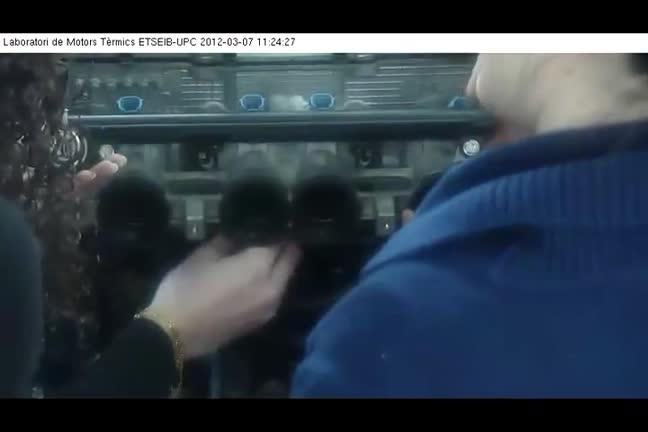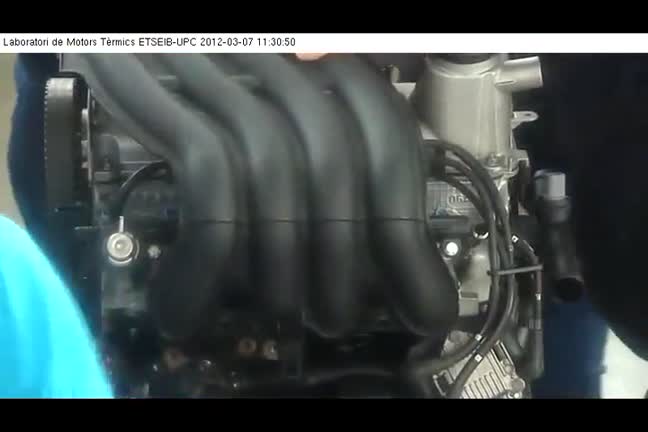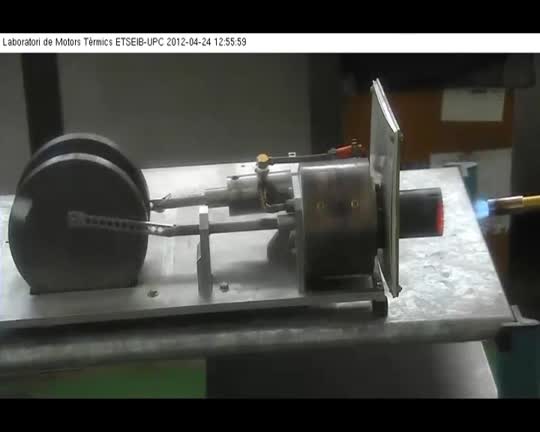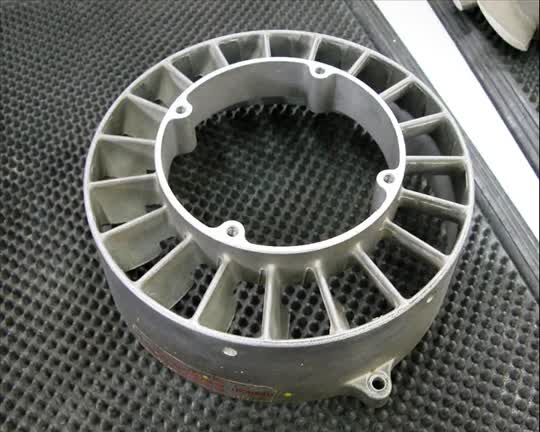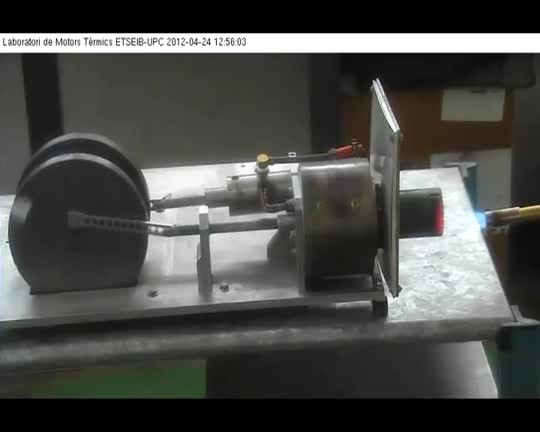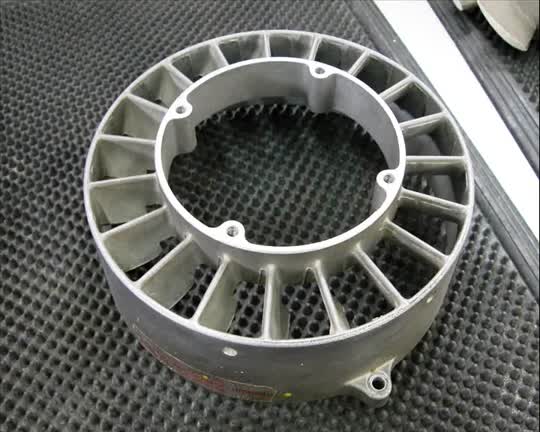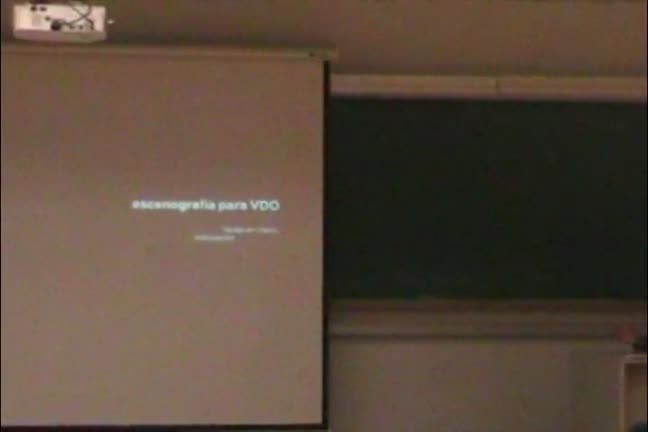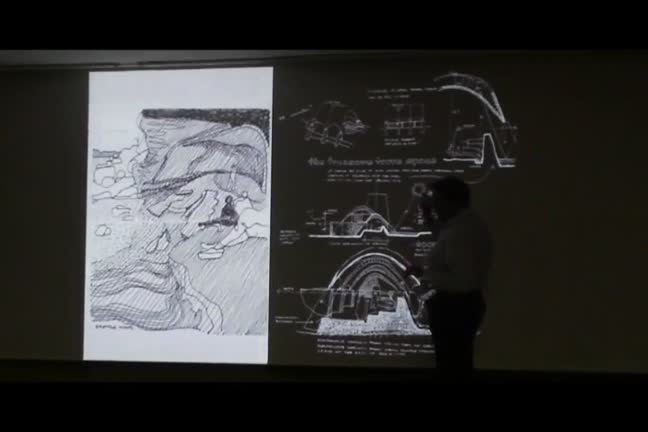Objectes multimèdia amb l’etiqueta: Vídeos docents general
Resultats de la cerca
Siluetas y contornos
Accés obert
11 d’abr. 2012
Conferència de l'Arquitecta Pilar Calderón de Calderón-Folch Arquitectes, per al Master Laboratorio de la Vivienda del S. XXI. Presentada per Zaida Muxí, Directora del Master.
Learnt in Translation
Accés obert
11 d’abr. 2012
Conferència de l'arquitecte britànic Peter Rich per a l'assignatura Projectes V-VIM, presentat per Jorge Vidal, professor del Departament de Projectes Arquitectònics de l'ETSAB.


